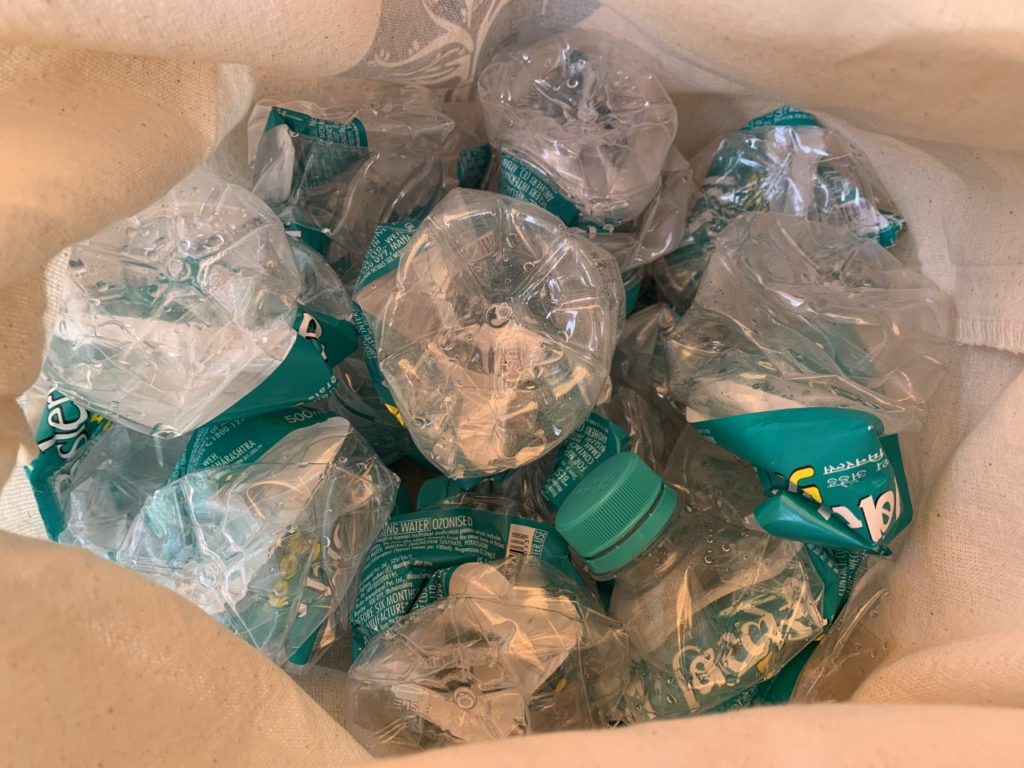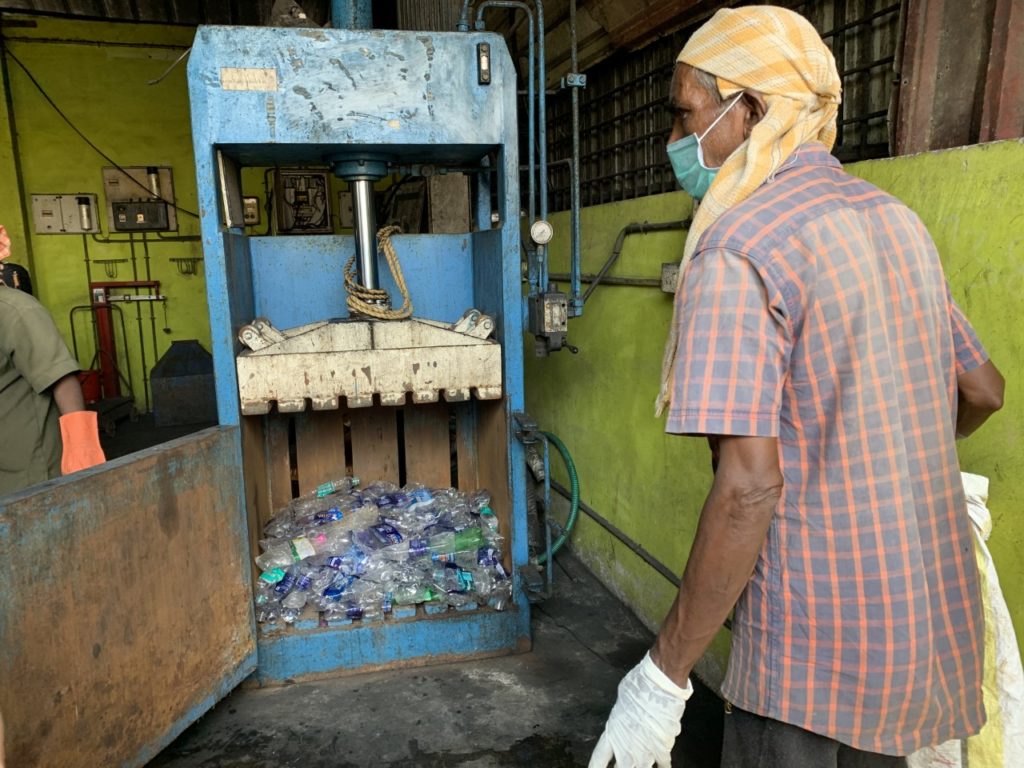By Laura Choo
Bachelor of Arts (Government & International Relations and Political Economy)
Upon arriving at our student accommodation at the Tata Institute of Social Sciences campus, we were handed two 500ml bottles of water each. The next day, we were advised not to drink tap water. I was prepared for this as I had been advised countless times before coming to India that I should avoid drinking water from any unknown sources. However, it caught me by surprise when we were also advised not to drink the filtered water provided on campus or in restaurants.
Although where we get our water from is up to our own discretion, as a first timer in India, I wasn’t about to risk contracting any kind of waterborne diseases. This left me with only one option, which was to depend on drinking bottled water for the duration of my stay. As someone who needs to drink at least two litres of water every day to stay hydrated, the amount of waste I was producing was a big concern, let alone the waste created by the 20 million people living in Mumbai.

It is estimated that in 2016, Mumbai generated about 11,000 tonnes of solid waste per day, more than any other metropolitan city in India. Despite the government’s efforts to implement a plastic ban, single-use plastics are still seen scattered around the city. Indeed, one glance at Mumbai’s rivers and you’d be able to see a layer of trash covering a part of the surface. During our bus rides, we were also able to see mountains of trash peeking out from the dumping grounds located right next to slums.
Dharavi, Mumbai’s largest slum, has played a major role in Mumbai’s waste management as the people there reportedly sort and recycle 60 percent of the city’s plastic waste. This is ironic given the shabby living conditions of the slum’s residents who are usually only paid a pittance for the amount of work that they do. The slum dwellers have managed to transform Mumbai’s trash problem into more employment opportunities for themselves, albeit informal and insecure.
In Kochi, on the other hand, one of our first observations was that the roads were a lot cleaner than they were in Mumbai, and it seemed to be the case throughout the other towns that we visited while travelling around the state of Kerala as well. This could perhaps be a testament to the better distribution of resources in the ideologically socialist state as well as the better organisation of the communities around urban and rural Kerala.

The Kumily Panchayat Waste Management Plant in Kerala was particularly impressive in its ability to generate revenue through the collection of waste from households and sale of compost to farmers while also providing permanent employment for locals. The plant’s employees collect segregated waste from households that pay 40 rupees per month for their services, which include the recycling of plastics, controlled burning of unrecyclable waste and production of vermicompost.
These unorganised and organised methods of waste management highlight the plight amongst India’s less advantaged social groups in finding work to the extent that they are forced into odd jobs such as sorting and processing waste, which may have health implications in the long term.
India has managed to innovate unconventional solutions to a global dilemma. As tourists and scholars alike, we must be mindful not to waste the opportunity to learn from them.

